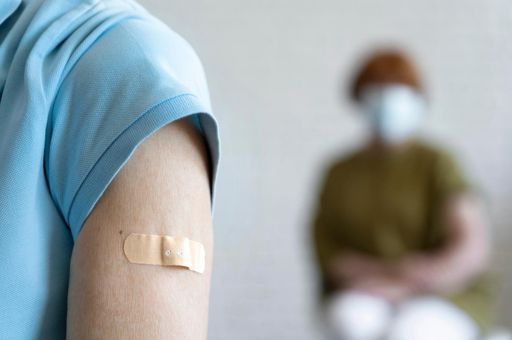We commemorate World Cervical Cancer Prevention Day, a date that reminds us of the importance of vaccination and early detection.
The Regional Ministry is piloting the cervical cancer screening programme on the islands, before extending it to the entire target population
The Regional Ministry of Health is calling for vaccination against human papillomavirus (HPV) for all boys and girls between the ages of 12 and 18 in the Balearic Islands. To this end, in 2025 Health will apply the nonavalent vaccine, through a single dose, following the results of studies carried out in different countries in terms of protection against HPV infection and the new recommendations approved by the Public Health Commission of the Interterritorial Council of the National Health System.
In the Balearic Islands, the HPV vaccine was introduced in 2008 for 14-year-old girls (born in 1994); in 2015 the target population was set at 12-year-old girls; in 2024, vaccination was also introduced for 12-year-old boys, with recapture of unvaccinated women up to the age of 18; while this year the recapture of boys has also been extended to the age of 18.
TDB keeps you informed. Follow us on: Facebook, Twitter and Instagram
Health calls for vaccination against human papillomavirus (HPV) for all young people between 12 and 18 years of age
Human papillomavirus (HPV) is a virus that mainly affects the skin and mucous membranes. So far, more than 150 different types of this virus have been identified and twelve are considered to be carcinogenic. The most effective way to prevent HPV infection is vaccination.
Depending on the type of virus, they can cause skin warts, and genital warts and only 10% of infections become chronic and can lead to cancer, mainly cervical cancer. In much smaller proportions, we find cancer of the vagina, anus, penis, mouth or larynx.
Every year, in the Balearic Islands, some 60 new cases of cervical cancer are diagnosed, and some 24 women, mostly young women, die. Cervical cancer is the result of a previous infection by the human papillomavirus (HPV), which is transmitted sexually. The disease can take decades to develop after infection; therefore, most diagnoses are made in women between the ages of 35 and 50. Early detection, before the onset of symptoms, is vital to minimise the progression of cervical cancer.
Screening
With this objective in mind, the Regional Ministry of Health is working on a programme for the early detection of cervical cancer, which is currently being piloted among women aged 25 to 29 in the basic area of Xaloc (municipalities of Campos and Ses Salines). In the coming months it will be extended to Menorca (CS Ferreries and UBS Es Migjorn Gran) and Ibiza (CS Sant Jordi de Ses Salines).
The screening or early detection test consists of taking and analysing a sample of the cells that line the cervix. The analysis carried out and the frequency will vary depending on the age group. When implemented, the Cervical Cancer Early Detection Programme (PDPCCU) will target some 360,000 women living in the Balearic Islands, who will be invited to undergo two types of tests according to age group:
Women between 25 and 34 years old: cytology with flow taking performed by the midwife every 3 years. For very low-risk results, this test will be repeated every 3 years.
Women between 35 and 64 years of age: auto collection (a device similar to a thin tampon for vaginal use). For very low-risk results, the test will be repeated every 5 years.
